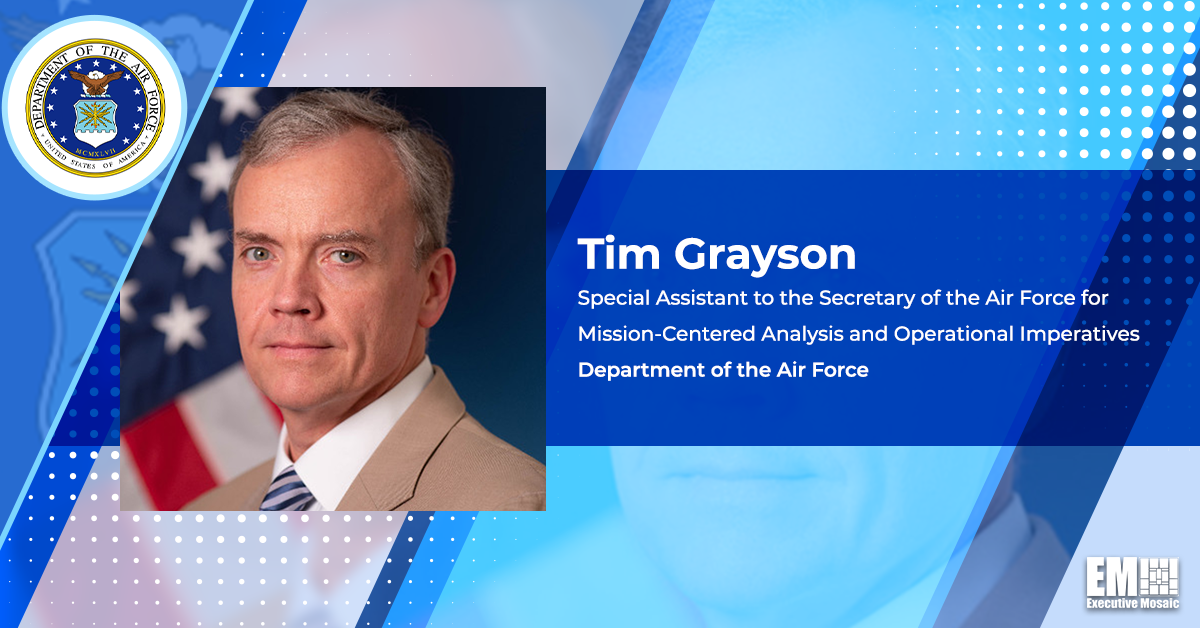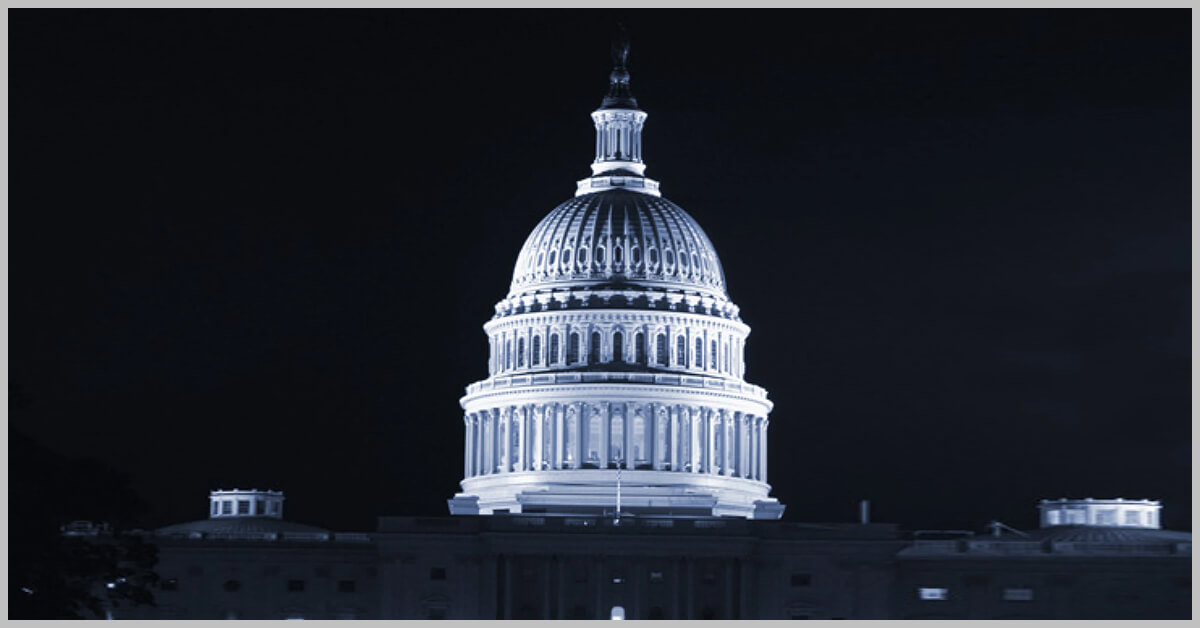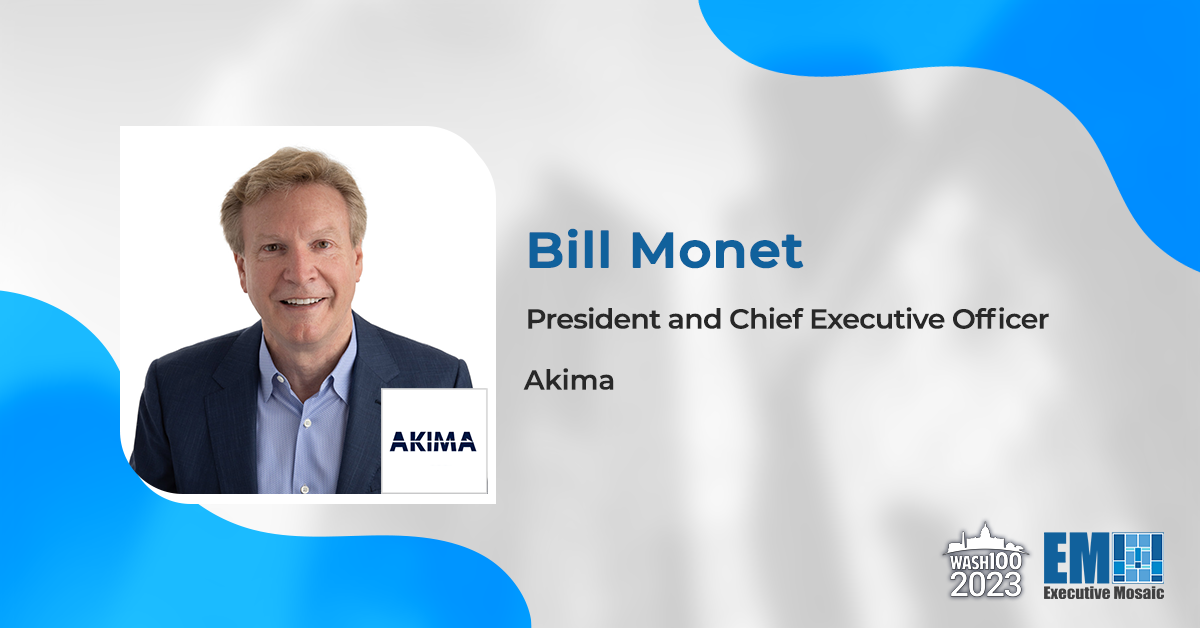Tim Grayson, special assistant to the secretary of the Air Force for mission-centered analysis and operational imperatives, said the service branch has been assessing software-defined wide area networking capabilities after the department issued a call in January for white papers on SD-WAN for the Advanced Battle Management System as part of the Joint All-Domain Command and Control initiative, National Defense Magazine reported Wednesday.
Grayson said the Air Force is working with other service branches as it advances SD-WAN capabilities for ABMS.
He noted that the Air Force is “looking around and saying, ‘I’ve got to have physical layer conductivity. There’s some of the other services that frankly have better options for waveforms and radios [than] we have.”
Grayson said the U.S. Space Force is also introducing similar capabilities to SD-WAN that would allow the Joint Force and coalition partners to connect to the network architecture.
“It becomes truly a transport layer to move data from point A to point B, which is going to be critically important for the whole, broader [combined] JADC2 concepts,” he added.
He stated that industry will play a role since JADC2 will require a “federated approach.”












